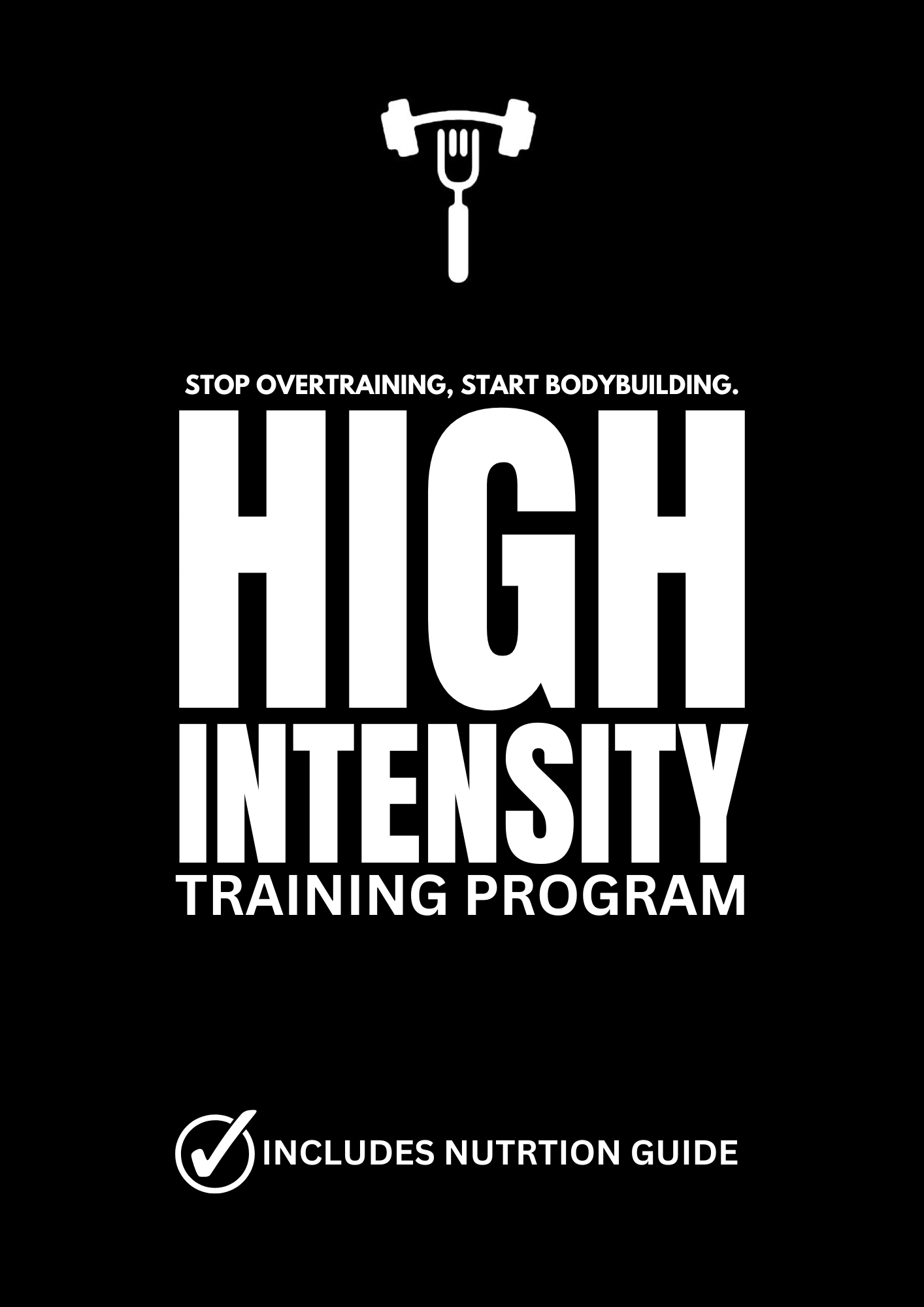The Optimal Number of Days of Rest: Embracing Mike Mentzer's Philosophy

In the fitness world, finding the perfect balance between training and rest is a perpetual challenge. While some advocate for relentless training schedules, the late bodybuilding icon Mike Mentzer presented a different viewpoint. Mentzer's philosophy, rooted in High-Intensity Training (HIT), emphasizes the critical role of rest in achieving peak performance and muscle growth. Delving into Mentzer's approach reveals a nuanced understanding of how strategic rest can optimize physical training.
Understanding Mike Mentzer's Philosophy:
Mike Mentzer, celebrated for his contributions to bodybuilding, introduced a philosophy that prioritizes quality over quantity in training. Central to his approach was High-Intensity Training (HIT), featuring brief, intense workouts designed to stimulate muscle growth efficiently. Yet, what truly distinguished Mentzer's philosophy was his emphasis on the importance of rest and recovery in the muscle-building process.
Mentzer advocated for a strategic approach to training, where rest days weren't merely breaks but essential components of the regimen. Rejecting the notion of overtraining, he argued that adequate rest allowed muscles to recuperate and grow stronger following intense workouts. Mentzer's philosophy challenged the conventional wisdom of frequent training sessions, asserting that such practices could impede progress.
The Role of Rest in Muscle Growth:
Mentzer's philosophy aligns with the biological reality that muscle growth occurs during rest and recovery periods, not during workouts themselves. Intense exercise causes micro-tears in muscle fibers, prompting the body's adaptive response to repair and strengthen them. This process, known as muscle hypertrophy, requires adequate rest and nutrition for optimal results.
Mentzer's recommendation of structured rest days between workouts reflects his understanding of the muscle-building process. While he often advocated for three to four workouts per week, he acknowledged that individual needs varied. Remarkably, Mentzer noted that some of his clients required up to 21 days of rest between each workout session, highlighting the importance of personalized approaches to training.
Finding the Optimal Balance:
Determining the ideal number of rest days necessitates a personalized approach, considering factors such as fitness levels, training intensity, and recovery capacity. Mentzer's philosophy serves as a guiding principle, emphasizing the significance of rest in maximizing training effectiveness.
Experimentation and self-awareness are crucial in finding the right balance between training and rest. Monitoring indicators like muscle soreness, fatigue, and performance can inform adjustments to the training schedule. Additionally, factors such as age, sleep quality, and stress levels must be considered in optimizing recovery.
Conclusion:
Mike Mentzer's philosophy offers valuable insights into the role of rest in physical training. By prioritizing quality over quantity and recognizing the importance of adequate rest, individuals can achieve significant gains in strength, muscle mass, and overall fitness. While Mentzer's approach may not apply universally, his emphasis on personalized training and strategic rest remains relevant. Ultimately, by integrating Mentzer's principles into their regimen, individuals can unlock their full potential and achieve their fitness goals.

